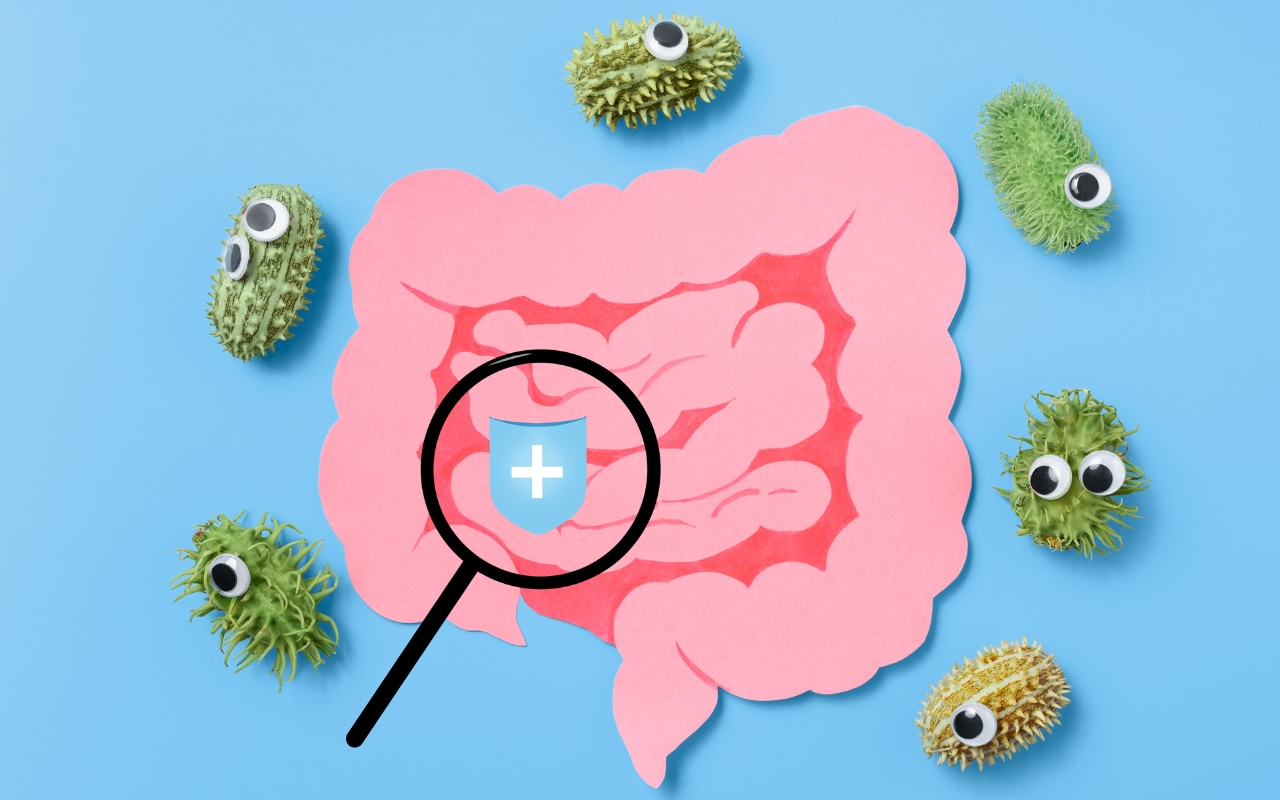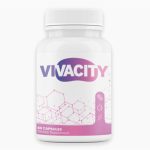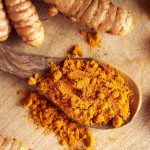The human gut is a marvel of biological engineering. Housing trillions of microorganisms, it plays a pivotal role in our overall health. From aiding digestion to bolstering the immune system, the gut microbiome is at the heart of many critical bodily functions. At the core of this intricate ecosystem lie two fundamental components: prebiotics and probiotics. These dynamic duo work synergistically to maintain the delicate balance of gut flora, ultimately supporting your health in ways that are profound yet often overlooked.
Understanding the Gut Microbiome
Before diving into the specifics of prebiotics and probiotics, it's essential to grasp the concept of the gut microbiome. This diverse community consists of bacteria, fungi, viruses, and other microorganisms that inhabit the digestive tract. Together, they weigh between two and six pounds and play a crucial role in breaking down dietary fiber, supporting the immune system, and even affecting mood.
The health of your microbiome is influenced by diet, lifestyle, and other factors. A diverse population of gut microbes is generally indicative of good health, while an imbalanced microbiome can lead to various ailments, including digestive disorders, allergies, and even mental health issues.
The Role of Prebiotics
Prebiotics are non-digestible food components that promote the growth and activity of beneficial bacteria in the gut. These compounds are primarily found in high-fiber foods like fruits, vegetables, beans, and whole grains. Unlike probiotics, which are live bacteria, prebiotics serve as the food source for these beneficial microorganisms.
The primary mechanism by which prebiotics exert their beneficial effects is through fermentation. Human bodies lack the enzymes needed to break down certain fibers found in plant-based foods. However, the microbes in your gut can ferment these fibers, producing short-chain fatty acids (SCFAs) that have various health benefits. SCFAs such as butyrate, acetate, and propionate play a critical role in maintaining gut health, regulating immune function, and even suppressing inflammation.
Some common sources of prebiotics include:
- Legumes: Beans, peas, chickpeas
- Cereals and Whole Grains: Oats, bran, barley, rye
- Fruits: Bananas, berries, grapefruit, olives
- Vegetables: Garlic, leeks, onions
- Nuts and Seeds: Flaxseeds, pistachios, almonds
The Power of Probiotics
Probiotics are live microorganisms that, when consumed in adequate amounts, confer health benefits on the host. These beneficial bacteria are often found in fermented foods like yogurt, kefir, sauerkraut, kimchi, and pickled vegetables. Probiotics can also be taken as dietary supplements in the form of capsules, tablets, or powders.
The primary benefit of probiotics lies in their ability to restore and maintain a balanced gut microbiome. They compete with harmful bacteria for resources, thereby preventing the overgrowth of pathogenic microorganisms. By promoting a healthy microbial environment, probiotics can enhance immune function, improve digestion, and even support mental health.
Some well-known probiotic strains include:
- Lactobacillus: L. acidophilus, L. reuteri
- Bifidobacterium: B. bifidum, B. longum
- Saccharomyces: S. boulardii
Synergy Between Prebiotics and Probiotics
Combining prebiotics and probiotics creates a symbiotic relationship that maximizes their individual benefits. Prebiotics serve as the food source for probiotics, ensuring their survival and activity within the gut. This synergistic effect enhances the overall health of the gut microbiome, leading to improved digestive health, stronger immunity, and better overall well-being.
The concept of consuming both prebiotics and probiotics together is known as “synbiotics.” This approach can be particularly beneficial for individuals with gut imbalances or those looking to optimize their digestive health. For instance, a diet rich in both dietary fiber (prebiotics) and fermented foods (probiotics) can help maintain a balanced gut microbiome, thereby supporting various aspects of health.
Health Benefits of Prebiotics and Probiotics
The benefits of prebiotics and probiotics extend beyond just gut health. Here are some of the key areas where these components can make a significant impact:
Digestive Health
One of the most well-documented benefits of probiotics and prebiotics is their positive effect on digestive health. Probiotics can help alleviate symptoms of irritable bowel syndrome (IBS), reduce the risk of diarrhea caused by antibiotics, and improve overall bowel regularity. Prebiotics, on the other hand, can enhance the digestion and absorption of nutrients, reduce constipation, and support a healthy gut lining.
Immune Support
A significant portion of the immune system resides in the gut. The gut-associated lymphoid tissue (GALT) plays a crucial role in immune function. By promoting a diverse and balanced gut microbiome, prebiotics and probiotics can strengthen the immune system, making the body more resilient to infections and illnesses.
Mental Health
Emerging research suggests a strong connection between gut health and mental well-being, often referred to as the “gut-brain axis.” Probiotics and prebiotics can influence the production of neurotransmitters like serotonin, which plays a crucial role in mood regulation. By supporting a healthy gut microbiome, these components can help alleviate symptoms of anxiety, depression, and other mental health disorders.
Weight Management
Probiotics and prebiotics can also contribute to weight management by influencing the metabolism and storage of fats. Certain probiotic strains have been shown to reduce body weight and body fat percentage in overweight individuals. Additionally, prebiotics can promote satiety and reduce appetite, helping to prevent overeating.
Practical Tips for Incorporating Prebiotics and Probiotics into Your Diet
Incorporating prebiotics and probiotics into your diet doesn't have to be complicated. Here are some practical tips to help you get started:
Choose High-Fiber Foods
To boost your intake of prebiotics, focus on consuming a variety of high-fiber foods. Incorporate legumes, whole grains, fruits, vegetables, nuts, and seeds into your daily meals. For instance, adding a handful of flaxseeds to your morning smoothie or enjoying a bowl of oatmeal with berries can increase your prebiotic intake.
Include Fermented Foods
Fermented foods are rich in probiotics and can be easily integrated into your diet. Some popular options include yogurt, kefir, kimchi, sauerkraut, and tempeh. Aim to include at least one serving of fermented food in your daily meals. For example, adding a spoonful of sauerkraut to your salad or enjoying a glass of kefir with breakfast can provide a healthy dose of probiotics.
Consider Supplements
If you find it challenging to get enough prebiotics and probiotics from food alone, consider taking supplements. Look for high-quality probiotic supplements that contain a diverse range of strains and a high number of colony-forming units (CFUs). Similarly, prebiotic supplements that contain inulin, fructo-oligosaccharides (FOS), or galacto-oligosaccharides (GOS) can be beneficial.
Be Consistent
Consistency is key when it comes to reaping the benefits of prebiotics and probiotics. Make it a habit to include these components in your daily routine. Whether through dietary choices or supplements, regular consumption of prebiotics and probiotics can help maintain a healthy gut microbiome and support overall well-being.
Conclusion
The significance of a healthy gut microbiome cannot be overstated. Prebiotics and probiotics, the unsung heroes of gut health, play a crucial role in maintaining the balance and diversity of gut flora. By incorporating these components into your diet, you can support digestive health, bolster your immune system, and even enhance mental well-being. Whether through high-fiber foods, fermented products, or supplements, the benefits of prebiotics and probiotics are well within your reach. Embrace the power of these tiny but mighty allies and unlock the full potential of your gut health.
For more information on prebiotics, you can visit Nebraska Medicine. To learn more about probiotics, check out the Mayo Clinic and Healthline.










